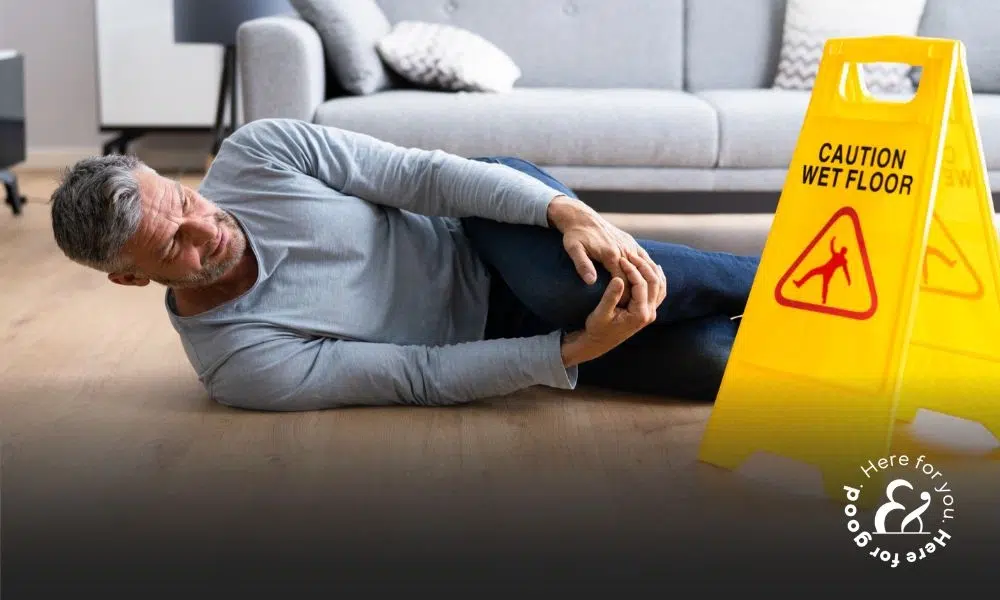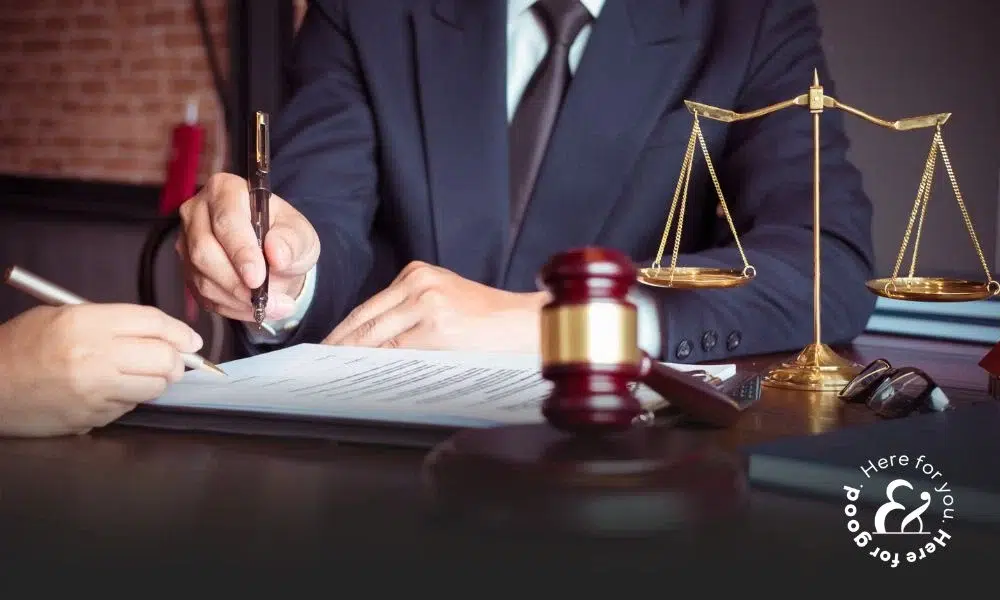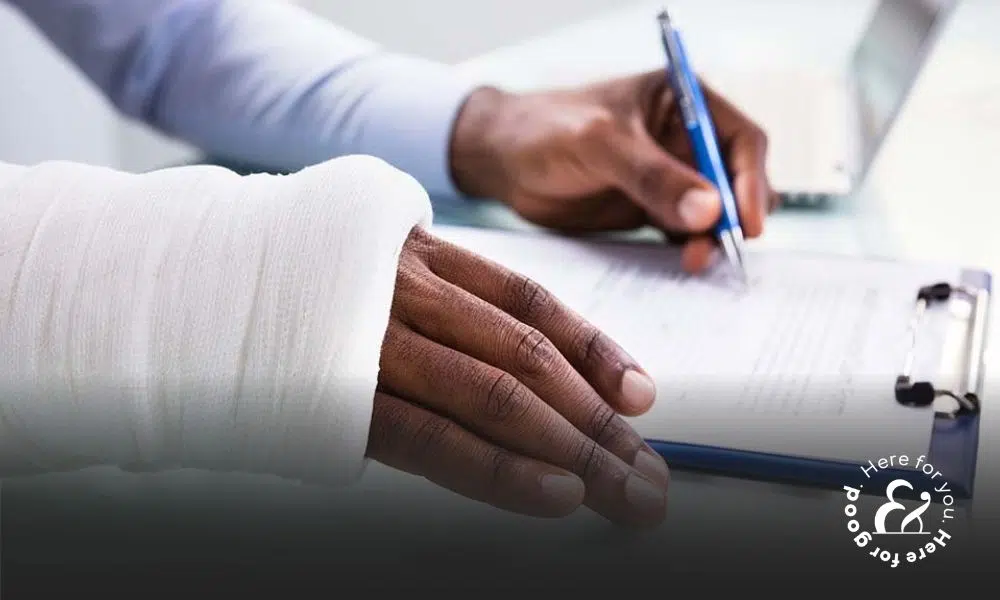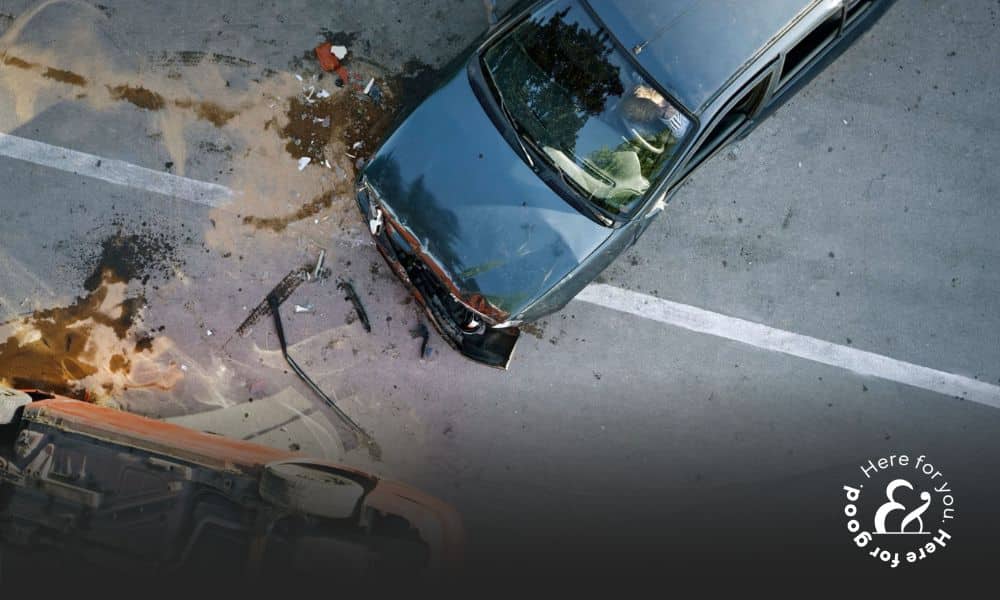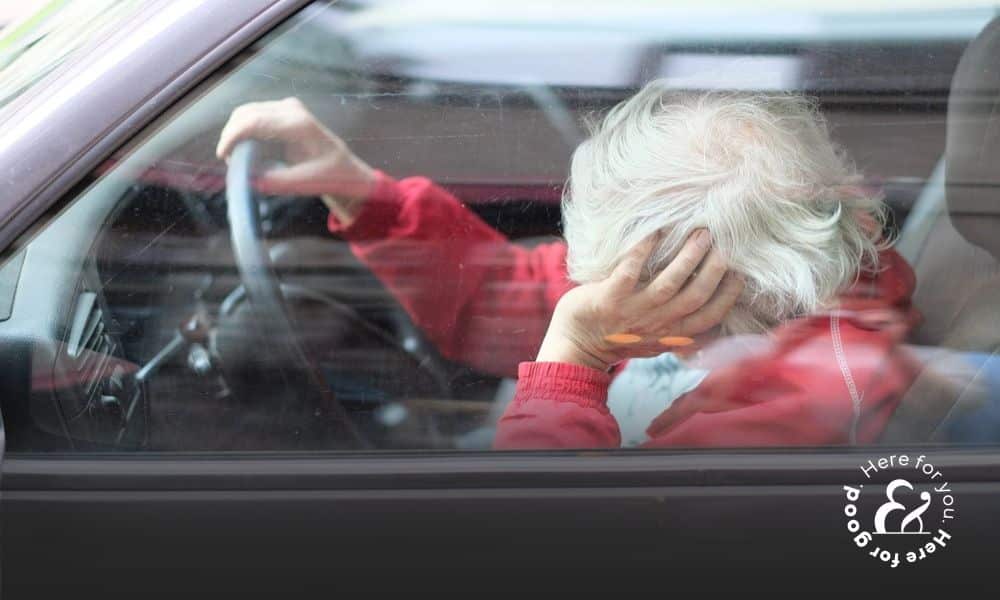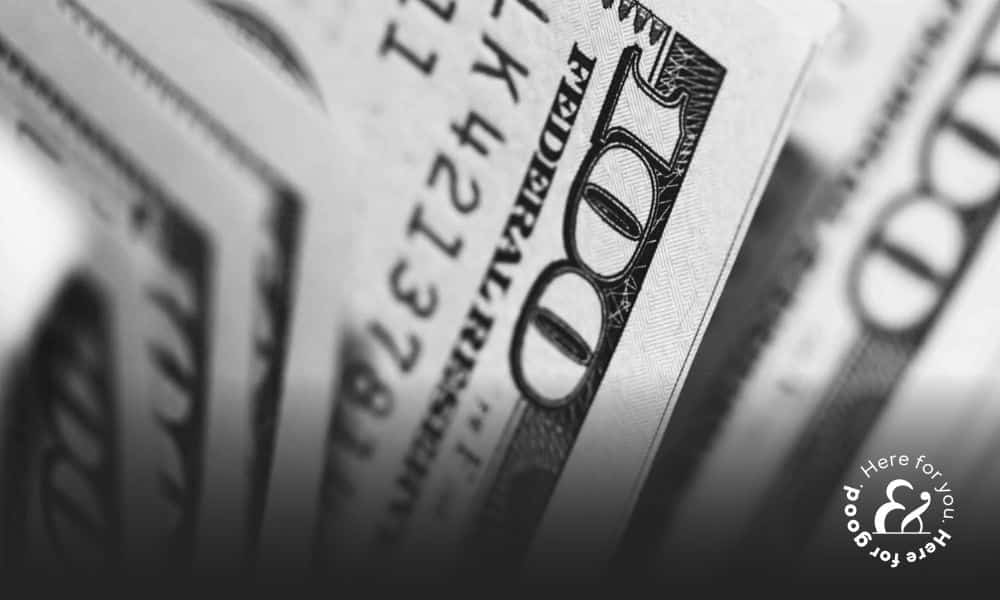Every year, slip and fall accidents send millions of people to the emergency room. Slip and falls happen without warning, and they can devastate your life. After a slip and fall, you may rack up significant debt from the cost of your medical bills and time spent missing work. You shouldn’t have to foot the bill for someone else’s negligence.
Determining slip-and-fall liability is one of the most complex parts of personal injury law. In slip-and-fall cases, many potentially liable parties are involved, including property owners, tenants, and managers. Establishing liability also includes factors like the nature of the accident and where it occurred.
If you have experienced a slip and fall due to a property owner’s negligence, you shouldn’t be responsible for covering the cost of your injuries. Call Farah & Farah for a free case review and learn more about how we have helped people like you recover compensation.
Understanding Potentially Liable Parties
Slip and fall accidents fall under premises liability law, which holds property owners responsible for the safety of visitors.
Responsibilities of owners under premises liability law include the following:
- Warning of known risks like spilled liquid or trip hazards
- Ensuring that hazards are taken care of quickly and efficiently
- Ongoing monitoring of potential safety hazards
- Regular inspection of the property
When a business or property owner fails to meet their legal duty and a visitor suffers harm, they can be held liable.
Although the property owner is primarily responsible, other parties may share liability. Here are some of the different parties that can share responsibility in a slip and fall lawsuit.
Property Owners
This party owns the premises where the accident occurred. A property owner is liable if they have been made aware of an issue perhaps by a business tenant or manager but do not properly address it. For example, if the renter reported a hazard and the owner failed to repair it.
Commercial Tenants
Many businesses, such as grocery stores, malls, and retail operations, do not own the premises but rent it from a property owner. Usually, the property owner is liable. However, commercial tenants can be liable if a careless employee does not remove a hazard such as cleaning up a spill in a timely fashion.
Property Managers
When a management company is responsible for maintaining premises, property managers may be liable for injuries resulting from its negligence. Many apartment complexes and assisted living facilities rely on this type of relationship. For example, a management company is liable if someone falls due to a warped floorboard. Likewise, if the property’s dim lighting prevented you from slipping on water from a leaky pipe, you might have a claim against the manager.
Homeowner
If you slip and fall while visiting a residence, then the owner of the home is responsible for your injury. Get their homeowner’s insurance information to file your claim. A homeowner might be liable if you trip on a broken sidewalk, slip on an icy sidewalk that wasn’t salted in a reasonable time, or slip on an unaddressed spill in the house.
Injured in the Workplace
If you get injured on the job, such as falling into an insufficiently marked hole at a construction site, your employer and other parties might be liable. Contact your employer’s worker’s comp insurance information. You cannot sue your employer, but if someone else is responsible, such as a building owner, you might be eligible to file a personal injury suit against them.
Your Negligence
You might be responsible for your injury if it occurred while you were in an area off-limits to the public. If you are trespassing on a property, the owner is not responsible for covering your damages.
However, Florida’s comparative negligence laws apply if you were lawfully on the property and were partially at fault for your accident. You can recover damages if you are 50 percent or less responsible for their injuries, but your compensation will be reduced in proportion to your share of the blame.
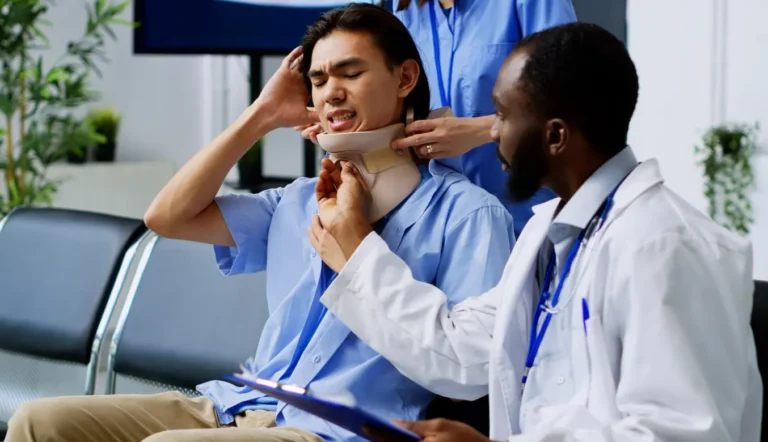
If you were injured in an accident due to someone else’s negligence, Farah & Farah is here for you. We’ve relentlessly fought for the right to compensation for our clients and their families since 1979.
How Do I Prove Negligence in a Slip and Fall Case?
To establish a property owner’s liability for your slip and fall injury, you first must prove that they were negligent in causing or allowing the accident. To prove negligence, you must establish the following four elements:
- The owner had a duty of care to keep you and others safe on their property.
- The owner breached that duty by refusing to address or adequately warn others of a hazard on their property.
- The breach caused the accident that led to your injuries.
- You suffered compensable damages from the accident due to the owner’s breach of duty.
Our experienced Florida slip and fall lawyers can help you gather evidence and build a strong case that clearly establishes the property owner’s negligence for your injuries.
What Evidence Do I Need To Prove Liability In A Slip And Fall Case?
Most evidence in slip and fall cases will be available at the accident scene or after contacting authorities. Photos of the hazardous conditions, witness statements from those present during your accident, and police reports can help corroborate your claims. Medical records will document your injuries and damages.
Other records or communications can also help establish the property owner’s liability. You may find maintenance or inspection records showing how long the hazard existed before your accident or messages from the owner showing they were aware of the dangerous conditions that caused your injuries.
Our knowledgeable attorneys can obtain hard-to-find evidence like property records and surveillance footage to build the strongest case possible. However, evidence will fade over time, and Florida’s statute of limitations only allows two years to file a slip and fall claim, so it’s important to seek legal help immediately after your accident.
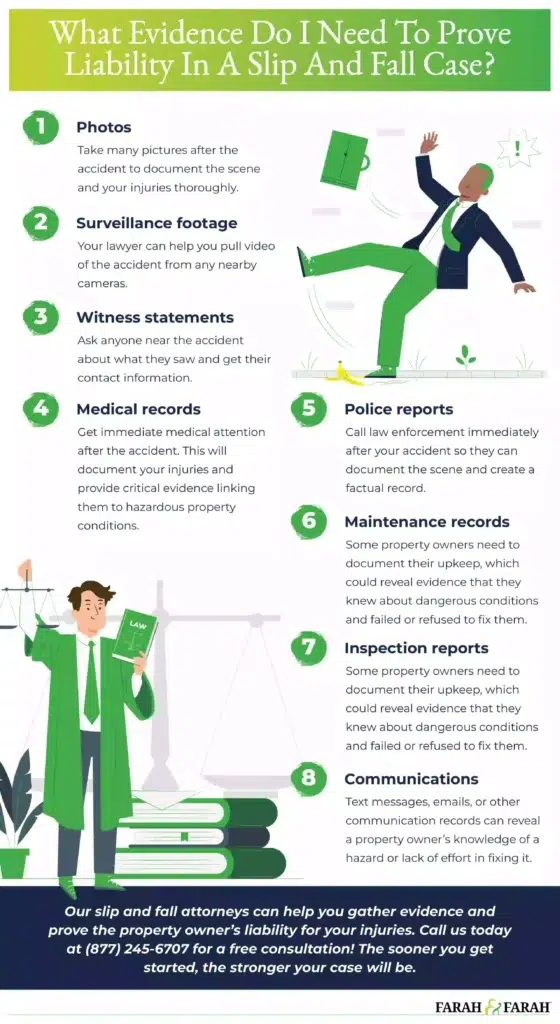
Common Defenses Against Slip & Fall Claims
Most property owners don’t readily accept responsibility for a slip and fall accident. Instead, they often attempt to shift blame onto the victim. Some common defenses used by property owners include claiming the following:
- The victim knew about the hazard but still chose to put themself in danger.
- The dangerous conditions were obvious, and the victim should have known about them before the accident.
- The victim ignored clear warnings regarding the hazard.
- The property owner couldn’t reasonably have known about the conditions.
- The victim was distracted, not paying attention, or otherwise not exercising reasonable care.
- The victim wasn’t allowed or invited into the area where the accident occurred.
Our skilled slip and fall attorneys are intimately familiar with these tactics and know how to navigate them. Our deep experience makes all the difference in handling a successful claim and holding property owners accountable for their negligence.
File Your Slip and Fall Accident Claim with Our Experienced Attorneys
After a slip and fall accident in Tampa or somewhere else in Florida, you may feel overwhelmed by the mounting bills, lost wages, and painful injuries. If your injury occurred because of someone else’s negligence, it shouldn’t fall on you to cover these losses. Businesses and property owners have a duty to protect visitors and must be accountable when they fail to honor that responsibility. You may be entitled to significant compensation for your slip and fall injury.
However, establishing liability for slip and fall accidents can be difficult. At Farah & Farah, our experienced and skilled slip and fall accident attorneys have the experience and knowledge to fight for you. Let us pursue the compensation you deserve.
If you have been injured in a slip and fall accident in Florida or Georgia, contact us today for a free case review.

